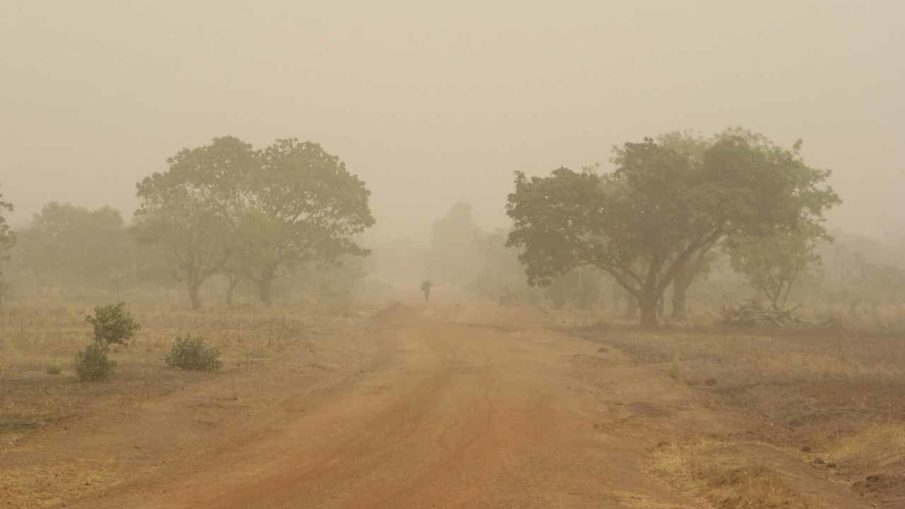The Harmattan weather or season suddenly took Western Africa by storm this month of February 2021. We woke up one early morning to chills and dry winds. How did this happen? Is this one of the effects of global warming?
The Harmattan is a season in West Africa, which occurs between the end of November and the middle of March. It is characterized by the dry and dusty northeasterly trade wind, of the same name, which blows from the Sahara Desert over West Africa into the Gulf of Guinea.
Well, the chilly, dry and dusty weather is upon us and we must do all possible to ensure we do not break down. In this article, Philip Eappen, Chief Administrator, AUN Clinic, tells us the necessary steps to take to cope with the season.
We should take the following necessary steps to cope with this season:
– Drink plenty of water to prevent dehydration
– Wash your eyes regularly to avoid red eyes which is common in during harmattan
– Cover your nose and mouth with a mask or towel when it is dusty
– Avoid or reduce outdoor activities, especially if you have allergies
– Stay indoors to avoid dust inhalation of harmful particles coming with the wind
– Wear clothes that keep your body warm
– Come to the clinic if you have red, itchy, and watery eyes.
– Get medical help if you have running, itchy, sneezing, and stuffy nose
– Keep the doors and windows closed
– Always use moisturizers to prevent dry skin and dry palms
– Use lip balm to prevent cracked lips
This season can trigger asthma and allergies. Asthmatic patients should always keep the inhaler handy and avoid dust as much as possible. This dry cold dusty season triggers sickle cell disease (SCD) as well. Patients should drink plenty of water and avoid outdoor activities as much as possible.
Please click on the share button if your enjoyed this article.



